All Stories
-
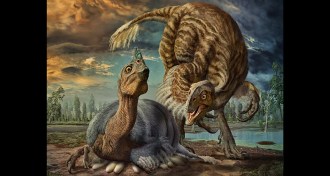 Paleontology
Paleontology‘Baby Louie’ dinosaur identified as a new species
A fossil embryo known as Baby Louie has been identified as a new species of dinosaur called Beibeilong sinensis.
-
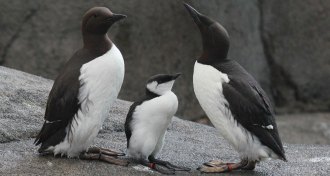 Animals
AnimalsSeabirds use preening to decide how to divvy up parenting duties
Seabirds in poor condition may communicate this information to their partner by delaying or withholding preening.
-
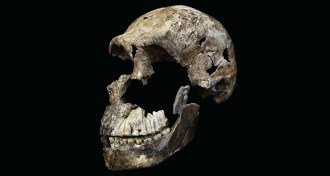 Anthropology
AnthropologyHomo naledi may have lived at around same time as early humans
South African species Homo naledi is much younger than previously thought.
By Bruce Bower -
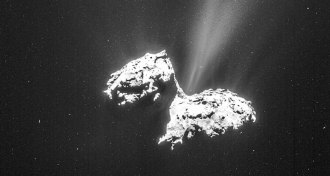 Planetary Science
Planetary ScienceOxygen on comet 67P might not be ancient after all
Molecular oxygen detected around comet 67P may not be a relic of the solar system’s birth. Instead, it may be generated by interactions of water, the solar wind and the comet’s surface.
-
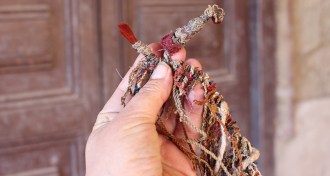 Archaeology
ArchaeologyTwisted textile cords may contain clues to Inca messages
A writing system from the 1700s may illuminate even older knotty Inca messages.
By Bruce Bower -
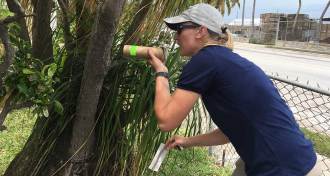 Animals
AnimalsIn Florida, they’re fighting mosquitoes by meddling with their sex lives
As an alternative to genetically modified mosquitoes, Florida skeeter police are testing one of two strategies that use bacteria to meddle with insect sex lives.
By Susan Milius -
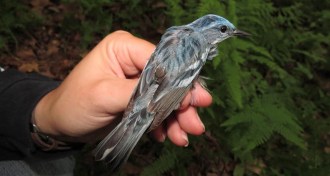 Animals
AnimalsTrackers may tip a warbler’s odds of returning to its nest
Geolocator devices that help track migrating birds could also hamper migration survival or timing.
-
 Tech
TechNew printer creates color by shaping nanostructures
Researchers developed the structure-based color printing technique as an alternative to ink-based printing, in which colors fade with time.
-
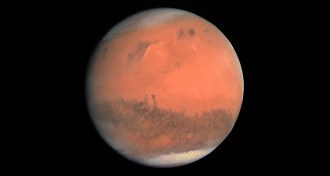 Planetary Science
Planetary ScienceMars may not have been born alongside the other rocky planets
Mars formed farther away from the sun than its present-day orbit, not near the other terrestrial planets, new research suggests.
-
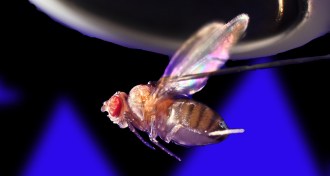 Neuroscience
NeuroscienceInternal compass guides fruit fly navigation
Experiments show how flies navigate — and why this might be important for humans.
By Laura Beil -
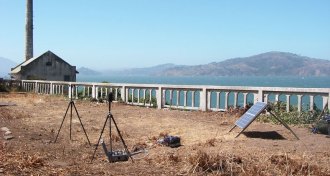 Environment
EnvironmentPeace and quiet is becoming more elusive in U.S. wild areas
Human noise stretches into the wilderness.
-
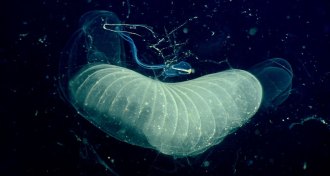 Animals
AnimalsSea creatures’ sticky ‘mucus houses’ catch ocean carbon really fast
A new deepwater laser tool measures the carbon-filtering power of snot nets created by little-known sea animals called giant larvaceans.
By Susan Milius